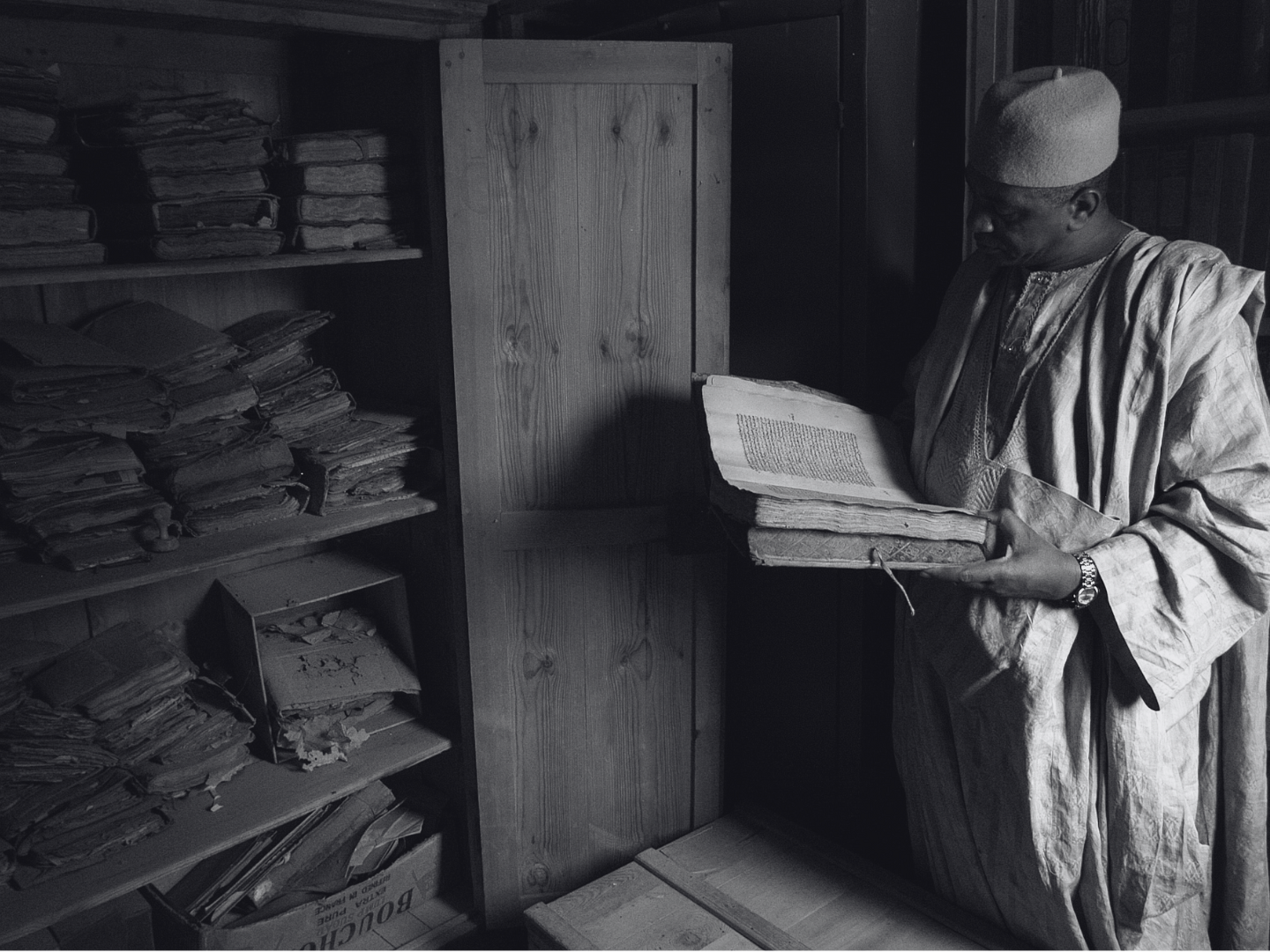
Livestreams Hit East African Streets: What iShowSpeed’s Africa Tour Reveals About Digital Power and National Branding
Darren Watkins Junior, better known as iShowSpeed, is a 19-year-old YouTube and Twitch streamer. With over 49 million YouTube subscribers, and recently winning a streamer of the year award in 2025, Watkins is re-defining both digital and traditional media.

Wearing the Culture: Merchandise and Branding for Creatives and Celebrities
In recent years, East Africa has produced visible start in music, film and sports. From Kenyan pop icons like Sauti Sol, trailblazers in the film industry such as Lupita Nyong’o and world record breaking athletes such as Eliud Kipchoge. This talent sells streams, wins international film awards and brings together fans from all over the globe.

Spaces and Places: Cultural Identity in Nairobi’s Third Spaces
Nairobi is in the middle of a cultural reordering. In 2025, Ngara was listed among the top places to visit in Africa 2026, an unexpected recognition for a neighbourhood once known primarily for traffic, affordable housing and chaotic public transport hub.

The Borderless Workforce: How Digital Nomads Could Reshape Kenya’s Economic Landscape
Across the world, a new class of professionals is untethering from geography, redefining what it means to live, earn, and belong in a borderless economy. Fuelled by advances in remote technology and accelerated by the post-2020 shift toward flexible work, digital nomadism has evolved from a niche lifestyle into a defining force in global labour mobility.

Twice Removed, Still Home: The Evolution of South Asian Identity in East Africa
The question of identity in East Africa has always been a layered one: shaped by colonialism, migration, and a plethora of cultural influences. Within this complex tapestry, South Asians form one of the most distinctive yet contested diasporas. What does it mean to be both South Asian and East African?

Somaliland in Purgatory: The Dynamics of State Development Amidst Legitimacy Struggles
Somaliland is a paradox. Not only is it the Horn of Africa’s most democratic territory, but also the most diplomatically isolated. Since declaring its independence from the country of Somalia in 1991, the country has managed what few in the region can achieve; reasonable peace, functioning institutions and credible elections.

Consumable Goods Market in East Africa: Scoping A Solution to Tame the Region’s Vulnerability
This report examines the evolution and current state of the consumer goods market in East Africa, focusing on how the structure, sourcing, and consumption of essential goods such as food, beverages, and clothing have transformed the region’s landscape. It aims to assess the factors and dynamics that have shaped the current consumer goods market in East Africa.

The Pen and the People: East Africa’s Literary Legacy
From folktales passed around firesides to novels that have reshaped global publishing, African literature has always been about more than art but rather a way of making sense of who we as Africans are and how we are perceived by others. Equally important are the systems put in place to support these voices.

Beyond Words: Languages and Culture, and their Preservation in Africa
Africa is the most linguistically diverse continent on Earth. With over 2,000 languages and dialects, the continent is home to a significant portion of the world’s linguistic and cultural heritage. Unfortunately, the survival of this collection of linguistic and cultural wealth, is threatened by globalisation, the marginalisation of minority communities, and regional assimilation efforts.




















